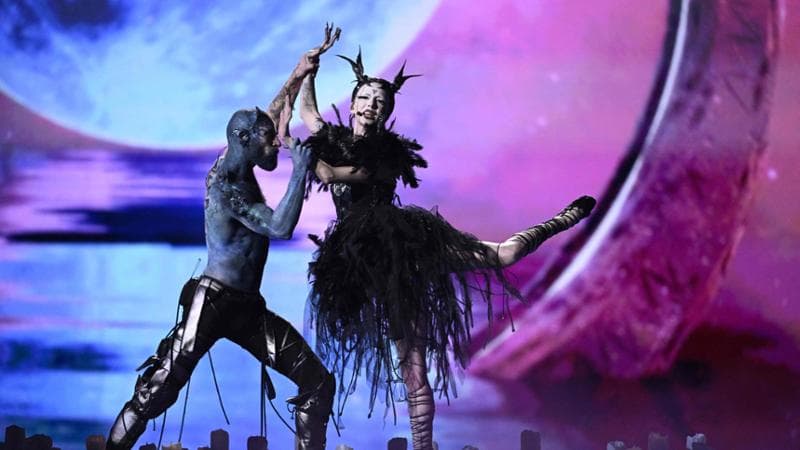The Eurovision Song Contest, an international music competition, holds a unique place in the realm of entertainment. Originating in 1956 with the aim of fostering unity in post-WWII Europe, the event has evolved into a global phenomenon, extending beyond Europe to include countries like Australia and Israel. Comparable to American Idol, Eurovision features diverse musical acts representing each participating country, with performances ranging from the quirky to the extravagant.
Unlike traditional music competitions, Eurovision offers no monetary prize for the winning country, emphasizing instead the prestige of victory and the opportunity to host the following year’s event. With its blend of musical diversity and theatrical flair, Eurovision has become a symbol of peace and camaraderie, transcending borders and cultural differences.
However, as the 2024 contest approaches, controversies have emerged, particularly regarding Israel’s participation in light of ongoing geopolitical tensions. Activists have raised objections, citing Israel’s military actions in Gaza as grounds for exclusion from the competition. This controversy underscores the complex intersection of politics and entertainment within the Eurovision framework.
Despite its occasional controversies, Eurovision remains a one-of-a-kind spectacle, characterized by its eccentric performances and unpredictable outcomes. From iconic winners like ABBA and Celine Dion to more unconventional entries like Austria’s “Who the Hell is Edgar?” in 2023, Eurovision celebrates artistic expression in all its forms.
As the latest chapter in Eurovision unfolds, the contest continues to captivate audiences worldwide, reaffirming its status as a truly unique cultural phenomenon.















































